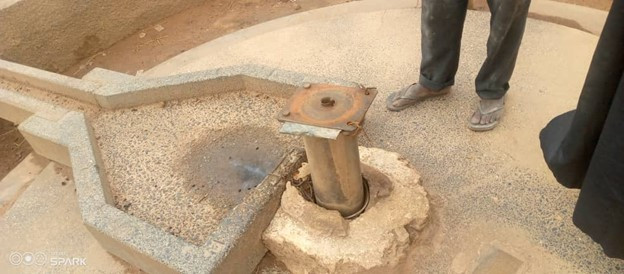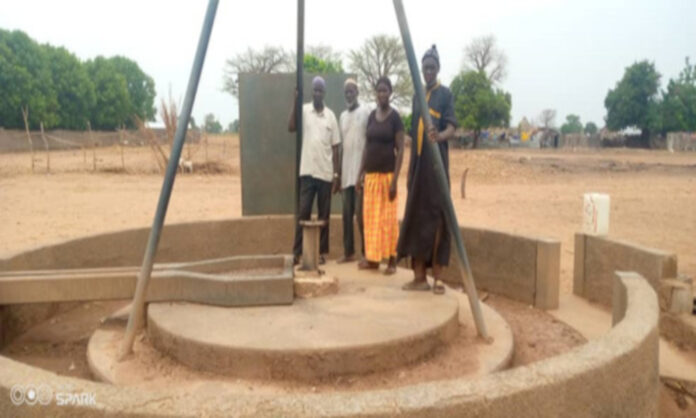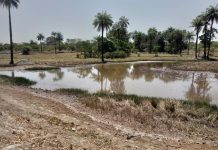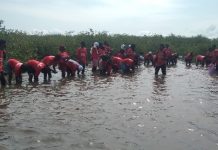By Lamin Fatty, URR Correspondent
Thousands of inhabitants in the Upper River Region (URR) are still decrying the unabated challenge to access potable water on a daily basis.
Perai Tenda in Tumanna district, a community with over two thousand inhabitants, is currently relying on open wells as their source of drinkable water. The community’s only 34-year-old hand pump is presently out of use.
Perai Tenda is among the biggest communities in Tumanna district and is also among the oldest and historical settlements in URR.

Lamin (Folonko) Sanuwo, speaking on behalf of the Perai Tenda Alkalo, said access to potable drinking water is a fundamental human right and a necessity of life.
“Even our religious performance cannot be done without the use of water. In Perai here, with a population of over two thousand people, we are not enjoying this fundamental human right and a necessity of life” he said.
Saikou Drammeh, one of the village elders, said their longest serving hand pump is old, such that its pipes are rotten. This, he said, affects the water thereby rendering it unfit for consumption.
“This hand pump has served the community for a long time now because this pump was established in 1987 by S.S.P project from Saudi Arabia and since then, this community has been relying on this pump as the only source of clean drinking water for inhabitants of the community. Now the hand pump is old to an extent that the pipes are rotten that affects the water, which makes the pump water unfit for consumption,” Drammeh said.
Mamanding Jabbi, who spoke on behalf of her fellow women, explained that they struggle to fetch water for their families’ daily consumption. This includes cooking, laundering etc.
“After the condemnation of our longest serving hand pump due to its deteriorated condition, in the afternoon, all the women rush to the Arabic school outside the village where the founders also established a solar borehole, to get clean drinking water,” she said.
Jabbi said those who couldn’t go to the Arabic school rely on the open wells to access water.
“{This} is very harmful to our health, especially in this rainy season when erosion transports many things into open wells. But we must drink that as we have no other option,” she said.




















